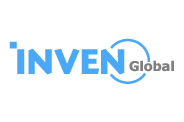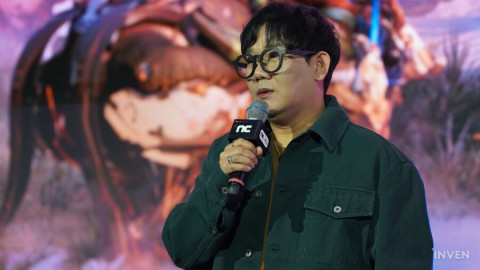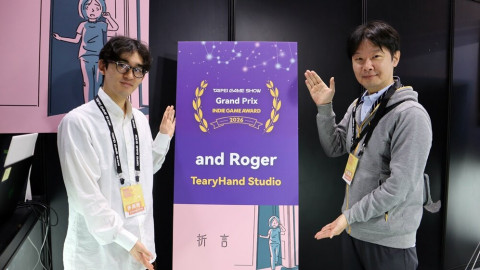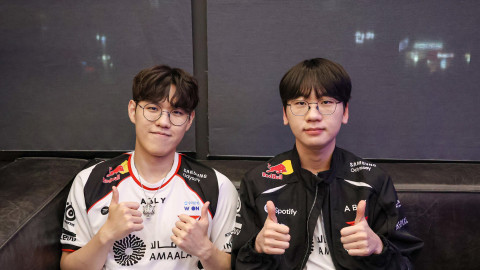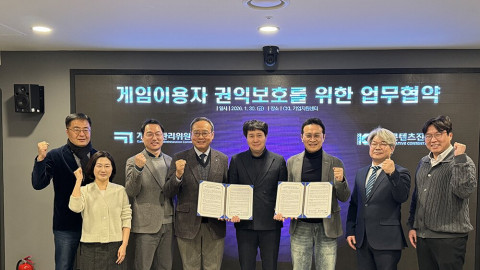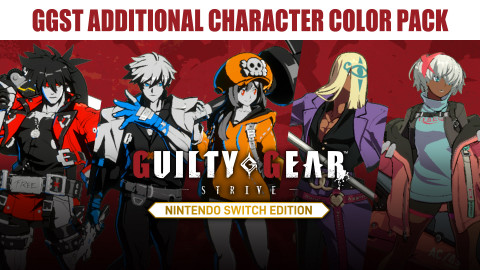
The news broke this week that G2 Esports’ highly publicized and extremely lucrative sale of Luka “Perkz” Perkovic to Cloud9 last summer had a contract clause preventing the player’s sale to another org, specifically G2’s chief rivals Fnatic. This has caused some significant outrage among fans and led to Riot Games stating that while the clause would not lead to censure for G2, it would also not be enforced by Riot themselves, who plan to prevent such clauses being inserted in future (for some unknown reason), claiming they are not aligned with Riot’s values.
At the same time, for every outrage, there was a head-shake reaction at what looks like another case of esports fans getting upset about things that are fairly standard in the world of traditional sports, and publishers potentially overreaching. Countless players in professional football, for example, have been sold with agreements in place that would prevent their new club from letting them go to certain other teams.
LOL OFFSEASON
2022 Preseason megapost: All transfer news, reports, and confirmed rosters
We even saw a situation over the summer where Manchester City could have lost out on their main target, Jack Grealish, due to nothing more than the selling club (Aston Villa) holding a grudge. Despite City having met Grealish’s £100M release clause, Villa still went out of their way to try and find another buyer for their star, even at a lower price, rather than sell to a club that has previously taken a number of big names from them, including two club captains. Eventually, they were unsuccessful and sold to City, but they were willing to sacrifice millions just to make the point.
So where do the moral lines lie and are G2 the embodiment of all evil in esports? The answer to the second question is no, but it does seem like the governing body, in this case, intends to make a further ruling on the topic, one that may be prohibitive in the future. Riot have said they will “update our rules to prohibit future restrictions in transfer agreements”, but have also agreed that this deal between Cloud9 and G2 is for the two orgs to agree on, and said they will not involve themselves in the current contract situation.

Y tho
First off, it must be pointed out that G2 are not just trying to stop Fnatic signing Perkz for competitive reasons only. Esports lacks the local rivalries that traditional sports have, and in this case, the rivalry that matters is nothing more than an annual battle for control over the LEC, one that G2 have dominated in recent years, at least in part due to their intelligent signings, some of which have been from Fnatic and most notably the signing of Rasmus “Caps” Winther.
However, it seems that Perkz is a special case, one that G2 would have preferred to never sell in the first place, and a person that is still very dear to G2 fans and their CEO Carlos “Ocelote” Rodriguez. Were it not for his desire to play mid lane, a position already tied up at G2 by Caps — perhaps the only player who can rival Perkz for the title of the western GOAT — he would most likely still be a G2 player today.
Still, to fans of Fnatic it looks a lot like G2 are being extremely selfish, and somewhat controlling the fate of teams in their own division. If Ocelote already has the greatest mid laner in the game, or at least in the West, why does he get to stop Fnatic having the next best thing, and how is that in any way fair in what is supposed to be a competitive esport?

This is business, kid
In sport, these clauses are far more common, and far more complex too. Outside of the standard and often misunderstood “minimum fee release clauses” seen in contracts with clubs in Spain and elsewhere, there is a wide variety of other contractual noise that a team can insert when selling a player to make their lives more profitable in the future.
A good example might be a “sell on clause”, which means that the selling team is entitled to a percentage of any future fee made from the player they are selling. This not only protects them against the player gaining massively in value, at which point they would look stupid for selling him “cheap”, but also means that if they decide to try and buy the player back, they can do so at a lower price than any other team with their percentage of the selling club’s profit taken into account.
LOL OFFSEASON
It's hot stove time: Who are the most valuable free agents in the LCK for 2022 offseason?
Other clauses might relate to “first refusal”, where the selling team lets a promising talent go with the understanding that they will be given the chance to buy them back should the player’s new team decide to cash in once the talent is realized. This means in practice that the “bigger” club must be informed if the team they sold to accepts an offer for the player in question and that the offer must be accepted if it matches another offer that the player’s new club sees as satisfactory.
There are even more specific clauses that have affected the biggest of clubs. When Manchester United bought Angel Di Maria from Real Madrid, the Spanish club inserted penalty fees that they hoped would prevent Man Utd. from selling Di Maria to another Spanish team, should that situation arise. Furthermore, the clause had specific subsections purely aimed at preventing the Argentine from ever making his way to Barcelona, such was their desire not to strengthen a direct rival.

Is it fair then?
With all of that said, it does seem like the situation isn’t as unfair as it seems, but then again there are different cultures in play. Riot run League like a franchise division, similar to the NBA or NFL, where the league has control over deals and sells spots in the competition. By contrast, G2 (and many of our examples here) come from Europe, where sport is far more open and relegation exists.
Running a franchise system works OK in sports where every team is based in the same region, but trying to control how orgs across multiple continents operate could be more tricky for the publishers of the game. Of course, they can exercise control over the game in a way that sports authorities cannot, but teams like G2 are essential to their operation, and have deep pockets to pay the lawyers required to do whatever they want.
One thing is for sure though, is that Perkz will still be getting a big paycheck when he makes his return to EU, and if the reports are true, he’ll be on a decent team too — one with at least a chance to shake up the status quo. As for the contract issue, it seems that Riot would like to exert more control over the way teams operate, not just when in the rift but also when dealing with business matters, and that could certainly be challenged down the road as orgs look to achieve autonomy on their perfectly legal contractual issues.
Sort by:
Comments :0
